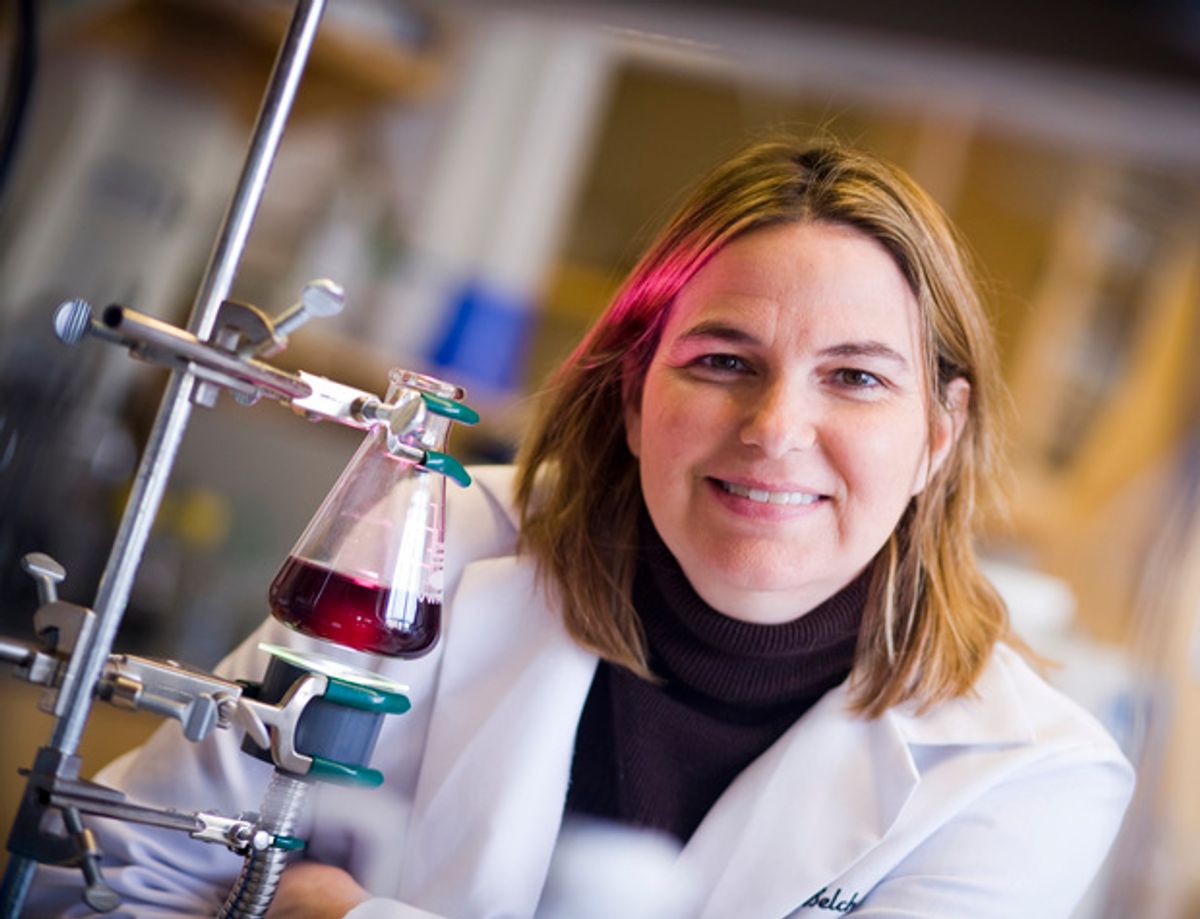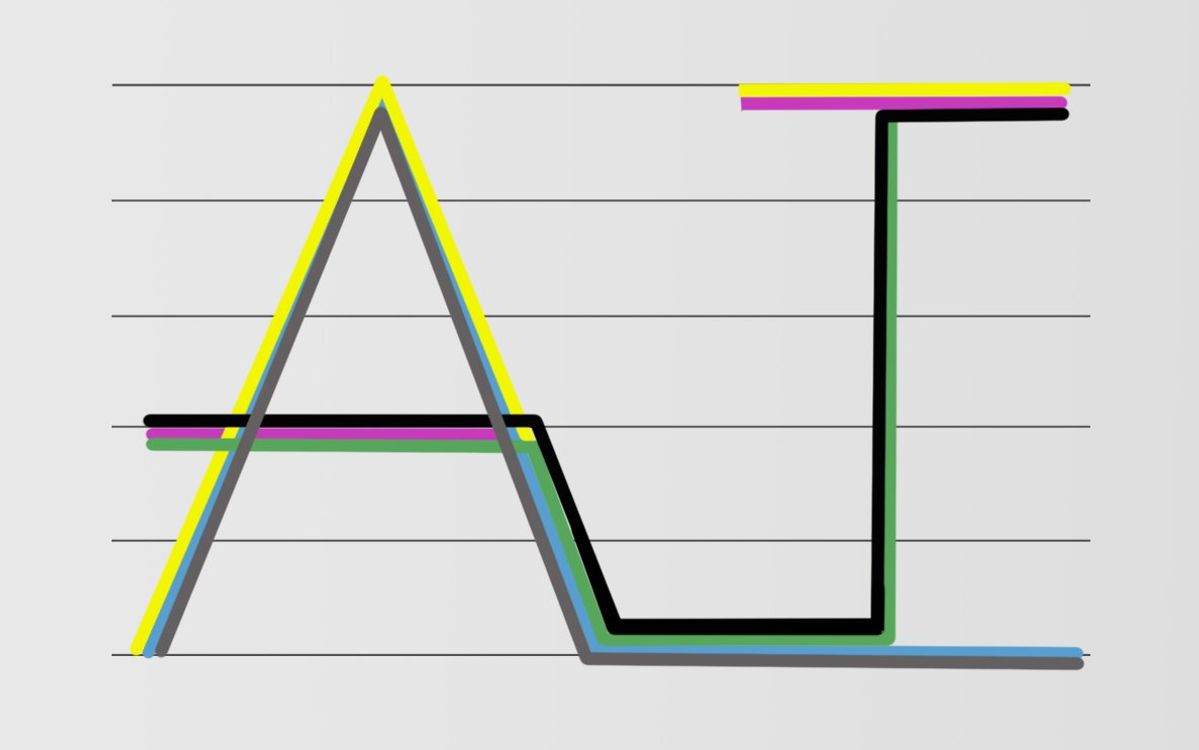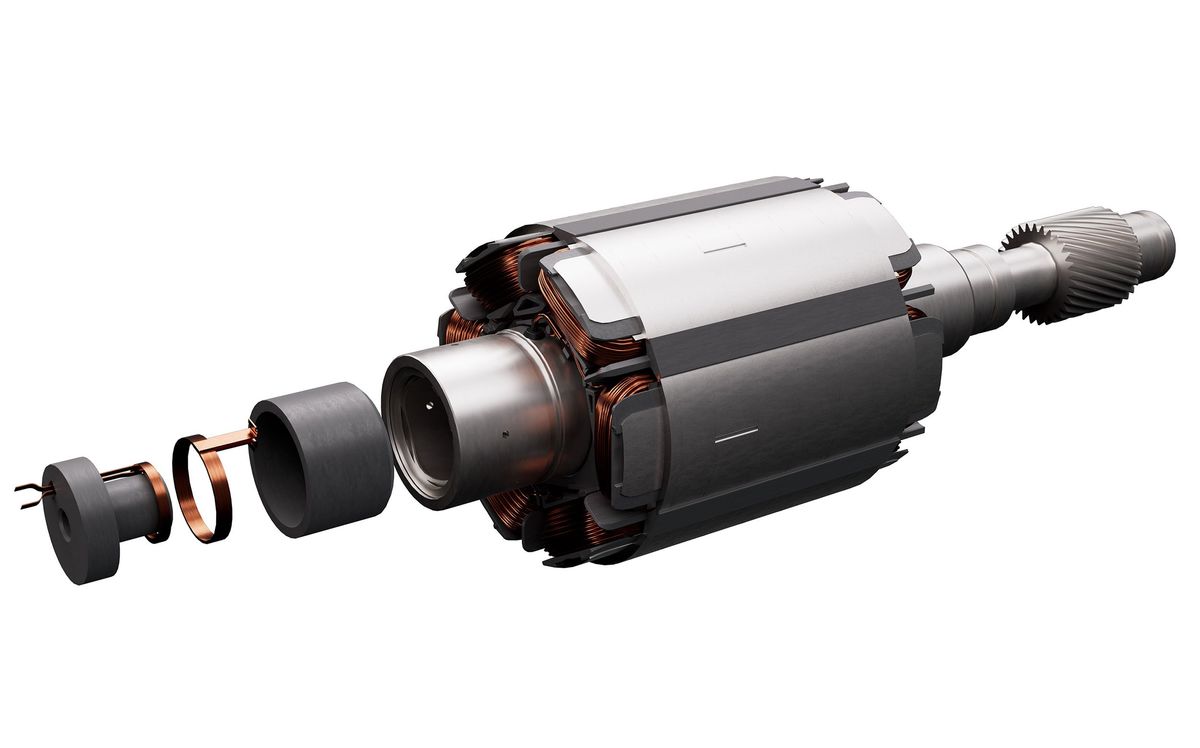The first I heard about Angela Belcher, someone explained to me her work using genetically engineered viruses to build electronic circuits through self assembly. That was ten years ago and in the ensuing decade she has, to the fascination of everyone, mixed the biological with the electrical in ways that alter entire industries, including solar power, batteries, fuel cells, and fuel production.
So consistently inventive has been her work that I was surprised she had not won the US $500,000 Lemelson-MIT Prize until she was given it this week.
Belcher is the consummate nanotechnologist because she has never been tied down to one discipline, instead moving freely between biology, physics, and chemistry. This multidisciplinary approach has allowed her to consider ideas that are readily dismissed by those tied to just one of these disciplines.
Two years ago I had the occasion to speak to Michael Grätzel, himself a winner, in 2010, of the similarly-prestigious Millennium Technology Prize. I asked him about Belcher’s work in using viruses to manipulate carbon nanotubes for use in dye-sensitized solar cells. Grätzel, who invented the dye-sensitized solar cell, said, “That’s a real breakthrough. We can learn a lot from her fascinating experiment.”
Belcher’s research is a rare combination of the visionary and the practical—consistently groundbreaking, yet there have always been commercial implications. In 2002, along with Evelyn Hu of Harvard University, Belcher set up Cambrios Technologies Corporation to commercialize the use of genetically modified viruses to create transparent coatings made of silver nanowires for touch screen displays. Then in 2007 she and Hu co-founded another company, Siluria Technologies, to use the viruses to produce clean fuel.
It’s clear that when Belcher develops a method for using viruses to create a new generation of lithium-ion batteries, she is doing it with the expectation that it will someday be used in the real world.
“The full implications of Angela Belcher’s work are only beginning to be realized, and yet the applications already appear to be far-reaching,” says Hu in a press release covering Belcher’s award. “Her inventions are always linked back to her profound passion and compassion for society, and her desire to improve the quality of life for others.”
Image: Dominick Reuter/MIT
Dexter Johnson is a contributing editor at IEEE Spectrum, with a focus on nanotechnology.



